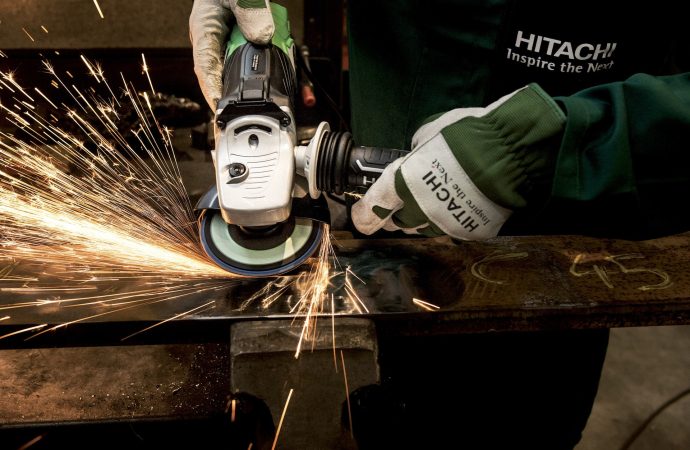In a move to bolster their corporate value and appease shareholders, Japanese tech giants Fujitsu and Hitachi have both announced significant share buyback plans. The companies are hoping to signal to investors that they are financially sound and committed to growth, despite challenges posed by the ongoing COVID-19 pandemic. Fujitsu, one of Japan’s largest information
In a move to bolster their corporate value and appease shareholders, Japanese tech giants Fujitsu and Hitachi have both announced significant share buyback plans. The companies are hoping to signal to investors that they are financially sound and committed to growth, despite challenges posed by the ongoing COVID-19 pandemic.
Fujitsu, one of Japan’s largest information technology and services companies, has announced plans to buy back up to 59.7 billion yen (approximately $550 million USD) in shares, while Hitachi, a multinational conglomerate with business interests ranging from power systems to healthcare, plans to buy back up to 300 billion yen (approximately $2.75 billion USD) in shares.
The move follows similar announcements from other Japanese companies, such as Sony and SoftBank, which have also recently announced share buyback plans. Share buybacks have become an increasingly popular method for companies to demonstrate their financial strength to shareholders and to support their stock prices.
Fujitsu’s share buyback plan represents approximately 1.7% of the company’s outstanding shares, while Hitachi’s plan represents approximately 4.5%. Both companies have said that the shares will be cancelled once they are repurchased, reducing the total number of outstanding shares and potentially increasing the value of the remaining shares.
In addition to the share buyback plans, both companies have also recently reported positive financial results. Fujitsu announced a net profit of 91.3 billion yen (approximately $840 million USD) for the fiscal year ending March 2021, a significant improvement from the previous year’s loss of 76.2 billion yen (approximately $700 million USD). Meanwhile, Hitachi reported a net profit of 267.6 billion yen (approximately $2.5 billion USD) for the same fiscal year, up from 17.8 billion yen (approximately $164 million USD) the previous year.
These positive results have likely contributed to the companies’ decisions to proceed with share buybacks. The buybacks will also help to reduce the number of outstanding shares, potentially increasing the earnings per share and leading to a boost in the companies’ stock prices.
However, some critics have argued that share buybacks are not the most effective way for companies to use their cash reserves. Instead, they argue, companies should invest in research and development, make strategic acquisitions, or increase employee wages and benefits.
Despite these criticisms, share buybacks have become an increasingly popular tool for companies to manage their finances and support their stock prices. As the economic impact of the COVID-19 pandemic continues to be felt around the world, it is likely that more companies will turn to share buybacks as a way to reassure investors and demonstrate their financial strength.

















Leave a Comment
Your email address will not be published. Required fields are marked with *